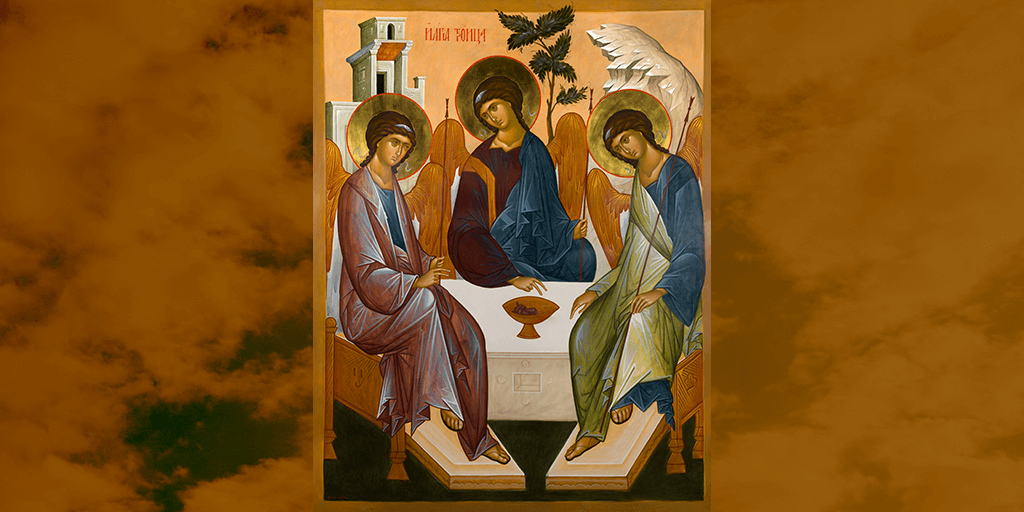THEOLOGICAL DICTIONARY Lordship Salvation Ephesians 2:8-10 A Study of Theology III – Part 17 (Dr. Thomas Figart) Perhaps the most important subject in Scripture is the teaching which pertains to salvation from sin. There is a current controversy concerning “
lordship salvation” which has led to confusion in definitions and interpretations. A Study of Theology III – Part 17 Straw Men, Scarecrows, or Salvation? by Dr. Thomas O. Figart
XII. A Response to the so-called “Lordship Salvation” doctrine; published in the Lamplighter, Winter 1989, a publication of Lancaster Bible College. I had a science teacher in high school who made two unforgettable remarks to our all-boys class on the very first day. He declared, “When you come in that door, you sit down and shut up!” That was not very profound but it was simple enough to understand. The second thing he said was much more profound, yet just as simple: “The beginning of understanding rests upon precise definitions.” How often I have thought of this through the years! This is especially true in teaching Bible doctrine, and it is necessary for a proper interpretation of Scripture. Perhaps the most important subject in Scripture is the teaching which pertains to salvation from sin. There is a current controversy concerning “
lordship salvation” which has led to confusion in definitions and interpretations. Certain theories which we will call “straw men” and “scarecrows” have been set up only to become roadblocks to the truth of “salvation.”
True Salvation Let us begin by defining from the Bible just what true salvation is. One of the best passages on the subject is Ephesians 2:8-10, “
For by grace ye are saved through faith; and that not of yourselves, it is the gift of God—not of works, lest any man should boast. For we are his workmanship, created in Christ Jesus unto good works, which God hath before ordained that we should walk in them.” Therefore, true salvation is:
- Unmerited favor from God: “For by grace are ye saved”
- Uncomplicated trust in Christ: “through faith”
- Unconditional inheritance of eternal life: “it is the gift of God” The little word “it” referring to the gift of God, is touto, a neuter Greek word, and cannot refer to the word faith (pistis) nor to the word grace (charis) both of which are feminine, but to the divine gift, of salvation: “”
- Unfailing evidence of the new creation in Christ: “unto good works”
“Contemporary Christians have been conditioned to believe that because they recited a prayer, signed on the dotted line, walked an aisle, spoke in tongues, were slain in the spirit, or had some other experience, they are saved and should never question their salvation” (Ibid, pp. 22-23).
This type of argument does have validity against emotional appeals used in some evangelistic campaigns, but it is really a straw man when it claims to represent mainstream Christianity. True, it would be a good idea if we could place a ban on all such unscriptural methods, and instead, watch as the Holy Spirit moves in convicting power when true salvation is preached, and leave the results with God (John 16:7-11). Yet, even though those who emphasize “lordship salvation” do not approve of these public demonstrations, they themselves make private demands of sinners which are just as unscriptural as the public methods which they denounce, as giving sinners something to do, in addition to “believe.”




Leave a comment